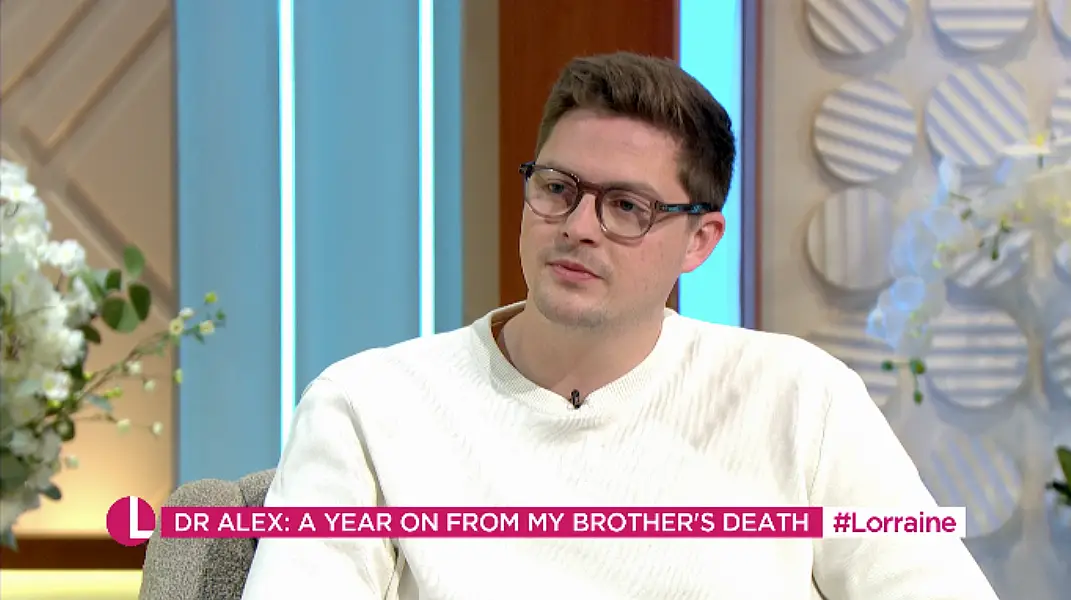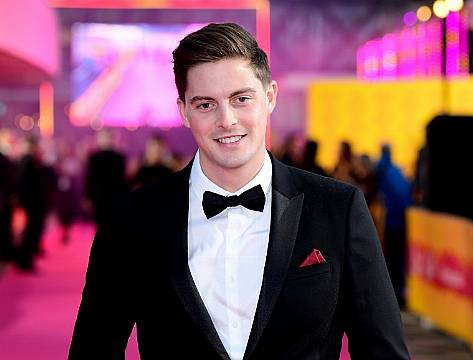Former Love Island star Dr Alex George has said he plans to achieve a lasting legacy for better mental health services in the UK in memory of his brother Llyr as he spoke about his grief one year after his death.
The reality TV star, who is an A&E doctor, was appointed a youth mental health ambassador for the UK government earlier this year.
Llyr, who died in July 2020 at the age of 19, had dreamed of being a doctor like his brother and was due to begin studying at medical school.
He told ITV’s Lorraine: “It was last Friday and I just can’t believe that the year has gone by.
“I went back a year ago and we didn’t know how we would get through it… How can you? It’s unbelievable.
“But it’s amazing how with your family and your friends, the people around you, colleagues, you can get through anything and I think working in this role [as the youth mental health ambassador] has given me a sense of purpose.”

He added: “The hardest thing around losing Llyr was that we feel we didn’t have the chance to help him, and yes, I think it’s very important to look out for change and behaviour in family members and friends who might be acting differently.
“If there’s anything you’re worried about and to ask them how they’re doing.
“But we also need people to know that when they are struggling they can talk about it, and what I find very hard is that I don’t think Llyr felt that he could say it.
“It was there and I worry that shame was a big part of that.”
He said he believes it is important to tackle the shame around discussing mental health, and despite the “amazing” progression, he said: “There’s still a lot more to do, particularly around men and young men and changing this feeling that I shouldn’t be struggling and I shouldn’t ask for help.”
He added: “There is no shame in that. There is always hope.”

Dr George is currently taking time out of his A&E role after working throughout the pandemic to focus on his mental health ambassador position and has since launched an anti-bullying campaign where wellbeing videos were sent out to schools in the UK to give young people the tools to look after themselves.
He is also working alongside the British government to create “early support hubs” where anyone under the age of 25 can walk in and speak to a key worker who can then direct them to more specialised support, including physiological, career advice or sexual health support.
Dr George added: “They will have that non-clinical feel, almost like community centres, so they will not be judged and be happy to speak about how they feel.”







